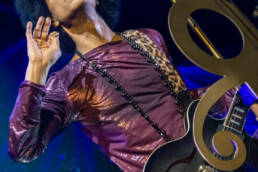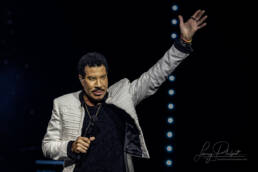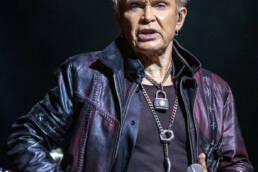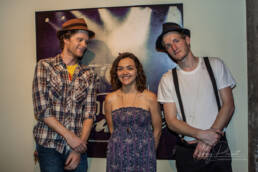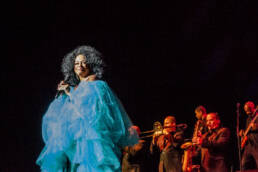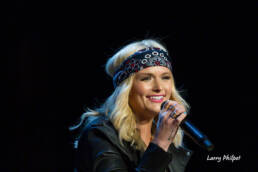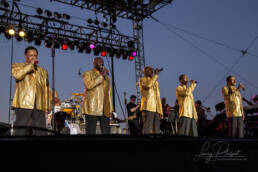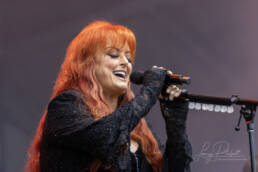Kool and the Gang: The Funk That Fueled a Party Revolution
The Beat That Started It All
In the sweaty heart of Jersey City, circa 1964, a group of teenage buddies huddled in a basement, riffing on jazz riffs and Motown grooves. For Robert “Kool” Bell and his brother Ronald, music wasn’t about fame—it was survival, a lifeline out of a tough neighborhood where dreams could easily fade. Raised in a housing project, the Bell brothers found salvation in rhythm, inspired by the soulful pulse of James Brown and the jazz genius of Miles Davis. Kool once said, “We just wanted to play what we felt—something real, something that moved people.” That primal urge—to connect, to lift spirits through sound—sparked Kool and the Gang, a band that turned basement jams into a global celebration.
The Souls Behind the Sound
Born in 1950, Robert “Kool” Bell was the quiet backbone, a bassist with a cool head and a funky soul. His older brother Ronald “Khalis” Bell (born 1951), a saxophonist and dreamer, brought the vision. They grew up in Jersey City, New Jersey, kids of a boxer father and a mom who scraped by. Music was their rebellion against hardship, honed in school bands and local gigs. By ’64, they’d roped in pals—Dennis “Dee Tee” Thomas (sax), Robert “Spike” Mickens (trumpet), Ricky West (keyboards), George Brown (drums), and Charles Smith (guitar)—forming The Jazziacs, a jazz outfit that gigged for pocket change.
The Jazziacs morphed into Kool and the Gang by 1969, named after Kool’s nickname and their tight-knit vibe. They signed with De-Lite Records, dropped their self-titled debut, and spent the ‘70s building a rep for raw funk and jazz fusion. Lineups shifted—West left in ’76, James “J.T.” Taylor joined as lead singer in ’79, ushering in their pop-soul era. Tragedy struck too: Mickens died in 2010, Thomas in 2021, Ronald in 2020, all from natural causes, leaving Kool and Brown as the last originals. Through it all, Kool’s stayed the anchor, a father and husband who still tours, keeping the Gang’s spirit alive.
The Career That Grooved the Globe
Kool and the Gang’s journey is a funky odyssey from jazz joints to disco dancefloors. It’s all about one band—Kool and the Gang—though its roster evolved. The early days were gritty: Wild and Peaceful (1973) unleashed their raw sound, with Kool, Ronald, Dee Tee, Spike, Ricky, George, and Charles crafting jams that packed clubs. The ‘70s were their funk peak, but the ‘80s flipped the script when J.T. Taylor joined, steering them toward polished R&B and pop gold with Celebration (1980).
Taylor’s silky voice, paired with Ronald’s songwriting, made them unstoppable. Key players in this era included Kool (bass), Ronald (sax), George (drums), and a rotating cast like Clifford Adams (trombone) and Skip Martin (trumpet, later vocals). Taylor left in ’88, returned in ’96, then split again; the Gang rolled on, resilient as ever. They’ve collaborated with Earth, Wind & Fire, Lionel Richie, and even Vanilla Ice (sampling “Jungle Boogie” for “Ice Ice Baby”). No headline romances here—just musical brotherhood.
Onscreen, they’ve shined: Saturday Night Fever (1977) featured “Open Sesame,” Pulp Fiction (1994) revived “Jungle Boogie,” and they popped up on Soul Train and The Cosby Show. Awards? They’ve snagged two Grammys—Best R&B Performance for “Celebration” (1980) and a 1985 win for Emergency—plus seven American Music Awards and a 2015 induction into the New Jersey Hall of Fame. Their biggest hits?
- Jungle Boogie (written by Ronald Bell and the band) hit No. 4 on the Billboard Hot 100 in 1973, a funk explosion.
- Celebration (penned by Ronald and the Gang) topped the Hot 100 in 1980, a universal party anthem.
- Cherish (Ronald, Taylor, and crew) reached No. 2 in 1985, a soulful love letter.
- Ladies’ Night (Ronald and George Brown) peaked at No. 8 in 1979, igniting dancefloors.
Controversy’s been light, but not absent. In 1990, Vanilla Ice’s uncredited “Jungle Boogie” sample sparked a legal spat (settled quietly).Their 1980s pop shift irked funk purists, who cried “sellout,” though Kool shrugged it off: “We evolved—music does that.” And in 2021, a posthumous Ronald Bell track stirred debate when fans questioned its authenticity—turns out, it was legit, just unreleased. The Gang’s drama’s mostly been in the grooves, not the headlines.
The Legacy of the Funk Kings
Kool and the Gang didn’t just play music—they built a bridge from jazz to funk to pop, turning every gig into a joyous uprising. From Jersey City basements to sold-out arenas, they’ve sold over 70 million records, their sound a soundtrack to life’s highs. As Kool, now in his 70s, leads a leaner Gang into 2025, their legacy endures—a groove that refuses to fade. Catch them live, and you’ll feel that basement beat, still pulsing, still calling the world to dance.
